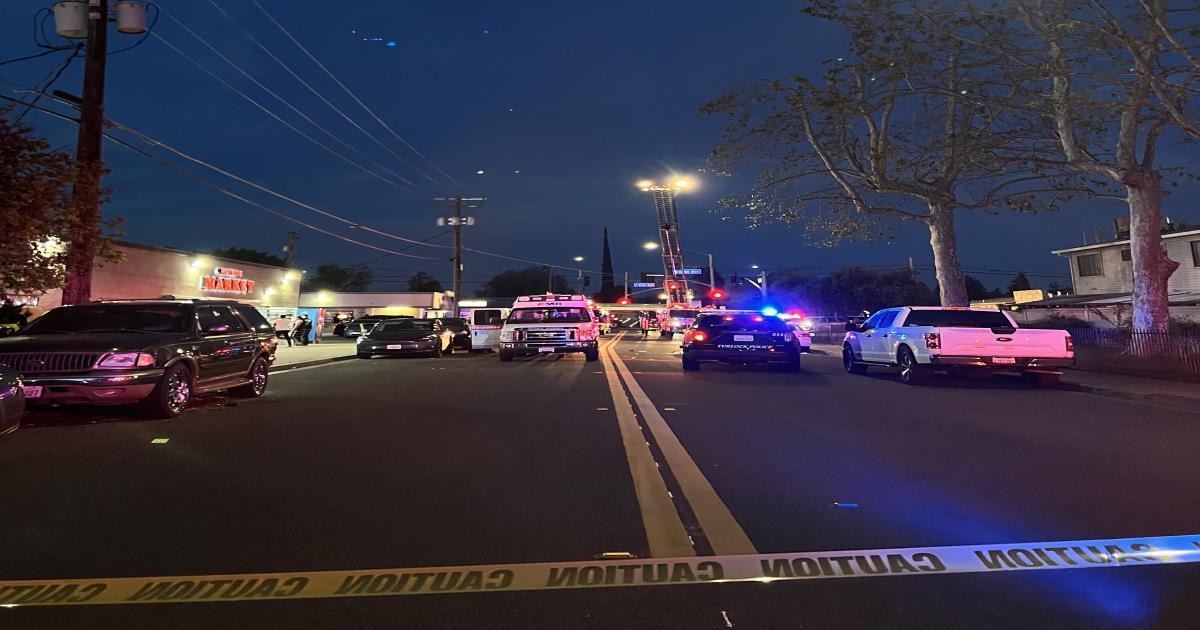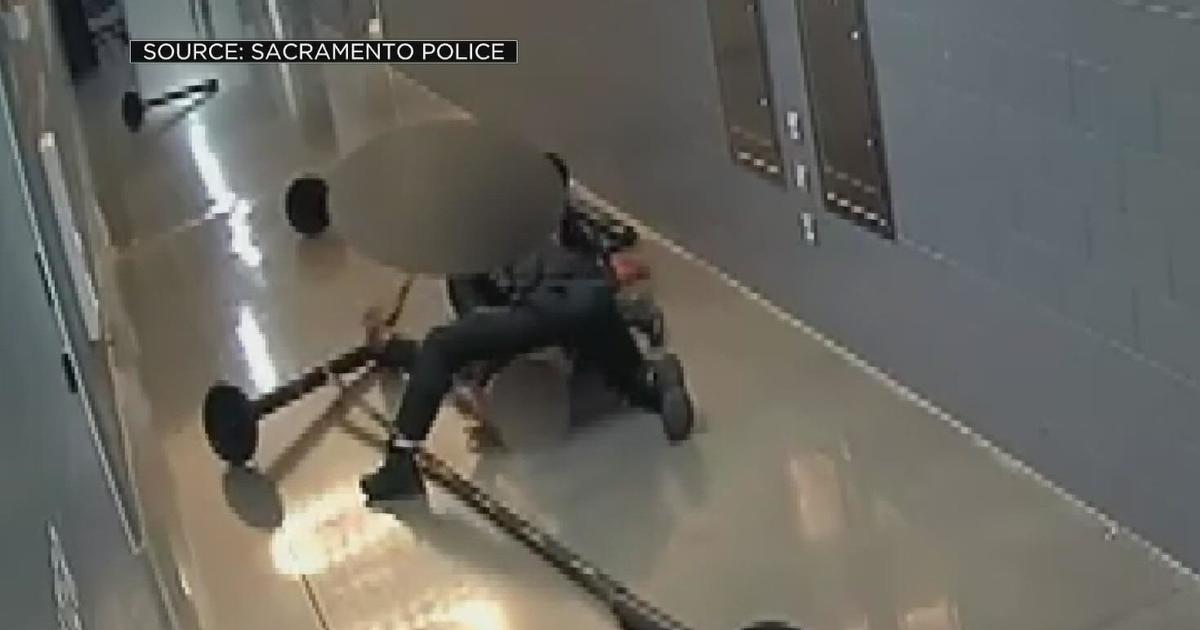Bill Gives Calif. Youthful Offenders Second Chance
SACRAMENTO, Calif. (AP) — Criminals serving long prison sentences for offenses they committed as teenagers would have an earlier chance for freedom under a bill working its way through the Legislature.
The bill by Sen. Loni Hancock, D-Berkeley, expands on legislation signed into law last year that gives a second chance to inmates who committed murder before they turned 18 and were sentenced to life without parole.
Hancock's bill covers other offenders and requires the Board of Parole Hearings to give "great weight to the diminished culpability of juveniles" and to signs that they have matured in prison. Parole commissioners also would have to individually counsel offenders about the steps they should take to earn their freedom.
Under the bill, SB260, inmates who committed such crimes as voluntary and involuntary manslaughter as teenagers would be presumed eligible for parole after 15 years unless officials believe they present a threat to public safety. Inmates also could ask for release after serving 25 years for first-degree murder if the sentence included the possibility of parole.
"If you're a 15-year-old when you're convicted of even a very serious crime, by the time you're 35 you're going to be a different person," Hancock said in an interview. "Those who don't significantly change in prison are not going to be eligible for this program or this opportunity."
The bill has the backing of Scott Budnick, executive producer of "The Hangover" comedy movies, who has gained national attention for mentoring juvenile offenders through his nonprofit Anti-Recidivism Coalition.
"You need a tangible reason as to why to leave the gang life, why to leave violence, why to leave that lifestyle and go toward something more positive," Budnick said in a telephone interview. "They know that they must — if they ever want to hug their mother again not in a prison visiting room — then they must change their life immediately."
About 5,700 of California's 133,000 adult inmates are currently in prison for crimes they committed as juveniles. Of those, nearly 1,500 will have served at least 15 years behind bars by Jan. 1, when the bill would take effect if it is signed into law. More than 700 will have served at least 20 years, and more than 300 will have served at least 25 years in prison.
Hancock's bill responds to recent court rulings addressing non-homicide crimes committed by juveniles who were tried as adults. But the California District Attorneys Association opposes the legislation because it goes further than those decisions by also including murder and manslaughter.
In August 2012, the California Supreme Court overturned a juvenile offender's 110-year prison sentence for attempted murder, ruling that the sentence amounted to an unconstitutional life sentence for a 16-year-old. Rodrigo Caballero would have had to wait 100 years before he could even apply for parole for trying to kill three rival gang members in Los Angeles County.
The state's high court was, in turn, responding to a 2010 U.S. Supreme Court decision that life sentences without a chance for parole for juveniles convicted of non-homicide crimes were unconstitutional because they amounted to cruel and unusual punishment.
Supporters of the Hancock bill argue that young criminals are more likely to be rehabilitated than older criminals. That was the same argument made last year in favor of SB9, which eventually was signed into law and gave those convicted of murder as juveniles a chance at parole. Many of the same groups are backing Hancock's bill.
"People under 18 are different from adults, and we need to treat them different," said Elizabeth Calvin, an advocate with the children's rights division of Human Rights Watch, which is among reform groups supporting the measure. Although Hancock's bill goes beyond current court decisions, Calvin argued that the courts are clearly trending toward giving young offenders an eventual way out of prison for any crime.
Legislative analysts project it would cost the state more than $3 million to consider parole for offenders who would immediately qualify if the bill becomes law, and hundreds of thousands of dollars annually for addition hearings as more inmates become eligible. But that would be offset by lower incarceration costs as offenders are released.
The measure eventually would mean fewer inmates as the state struggles to comply with federal court orders requiring a reduction in prison crowding. Gov. Jerry Brown is asking the U.S. Supreme Court to overturn a lower court ruling that the state release 10,000 inmates by the end of the year in addition to the thousands who already being sentenced to county jails instead of state prison under a two-year-old state law.
Hancock's bill is edging out similar legislation by Assemblyman Richard Bloom, D-Santa Monica. Bloom's AB1276 stalled in the Senate Public Safety Committee, where Hancock is chairwoman. Bloom is now a co-author of Hancock's bill.
Both lawmakers say their legislation is better than the alternative if nothing happens. With no new law, the courts would be clogged with petitions from offenders who argue that they face what amounts to an improper life sentence after their convictions as juveniles.
Both measures passed their initial chambers with bipartisan support. Three Republican senators backed Hancock's bill, while two Democrats voted against it.
Opponents said the bills could lead to the early release of some criminals who committed heinous crimes as teenagers.
"We think of them as all sweet innocence, but they are not," said Sen. Jim Nielsen, R-Gerber, who once headed the state parole board. He called Hancock's bill "an easy ticket out for the most violent juvenile offenders."
Copyright 2013 The Associated Press.



